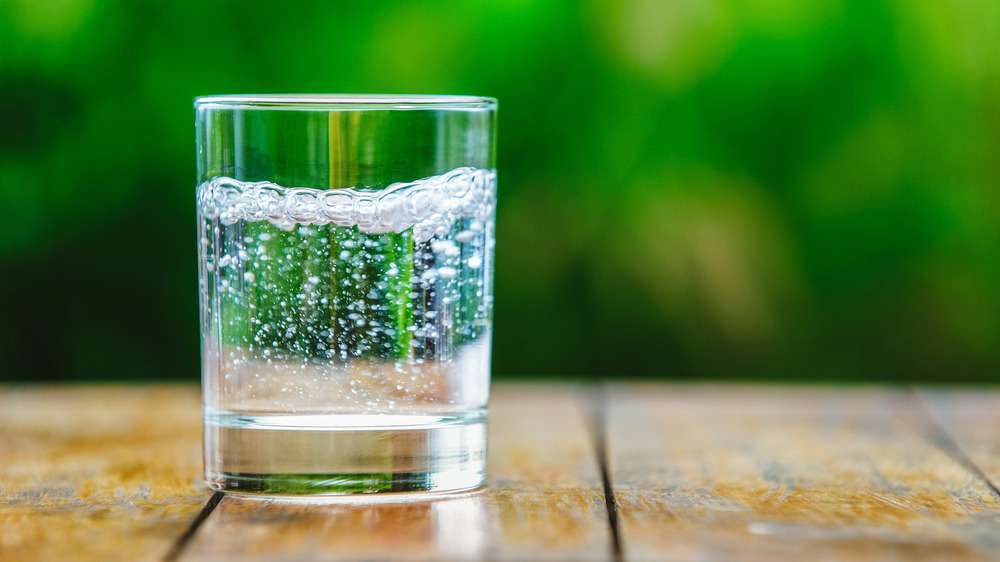
In recent years, sparkling water has surged in popularity, becoming a go-to choice for those seeking a refreshing alternative to sugary sodas and plain water, i believe you have also tried it. With its effervescence and variety of flavors, sparkling water has captivated consumers worldwide. However, like any beverage, it comes with its own set of advantages and disadvantages.
Advantages of Sparkling Water:
Hydration with a Twist: Sparkling water offers a bubbly twist to hydration, making it more enticing for those who struggle to meet their daily water intake goals. The carbonation can add a refreshing zing, encouraging people to drink more water throughout the day.
Calorie-Free Option: For individuals aiming to cut down on calories or sugar intake, sparkling water provides a guilt-free alternative to sugary sodas and juices. It allows them to enjoy a flavorful beverage without compromising on their dietary goals.
Versatility: Sparkling water comes in a variety of flavors, ranging from classic lime and lemon to exotic fruit blends. This versatility caters to diverse tastes, ensuring that there’s a sparkling water flavor for everyone.
Digestive Aid: Some people find that the carbonation in sparkling water can aid in digestion, particularly after a heavy meal. The bubbles may help alleviate feelings of bloating or discomfort, offering a soothing sensation.
Mixology Potential: Sparkling water serves as a versatile mixer for cocktails and mocktails. Its effervescence can enhance the drinking experience, whether it’s used in a simple spritzer or a complex mixed drink.
Disadvantages of Sparkling Water:
Dental Health Concerns: The carbonation in sparkling water can lower the pH of the beverage, making it slightly acidic. Over time, frequent consumption of acidic beverages may contribute to dental erosion or enamel wear. However, it’s worth noting that the acidity of sparkling water is much lower than that of sodas or fruit juices.
Potential for Bloating: While some people find relief from bloating with sparkling water, others may experience increased bloating or gas due to the carbonation. Individuals with sensitive stomachs or gastrointestinal issues may need to moderate their intake to avoid discomfort. I remember one pf my trainers while i was undertaking my field practical training at Bonite bottlers told me that she normally takes Sparkling water to reduce bloating.
Environmental Impact: Like other bottled beverages, sparkling water contributes to plastic waste and carbon emissions associated with production and transportation. Opting for environmentally friendly packaging options, such as aluminum cans or reusable bottles, can mitigate this impact to some extent.
Cost: Compared to tap water, sparkling water can be relatively expensive, especially when purchased in single-use bottles. This cost factor may deter some consumers from making it their primary beverage choice.
Potential for Addiction: Some individuals may develop a dependency on the fizzy sensation of sparkling water, leading to excessive consumption. While it’s generally safe in moderation, excessive intake could potentially contribute to issues like dental erosion or digestive discomfort. So the fizzy sensation can also develop addiction, in our coming articles we will elaborate why people develop addiction with the carbonated drinks, is it also because of the fizzy sensation or there are other additives added.
In conclusion, sparkling water offers a refreshing and flavorful alternative to traditional beverages, with its own set of advantages and disadvantages. While it can be a valuable tool for hydration and dietary goals, it’s essential to be mindful of its potential impacts on dental health, digestive comfort, and the environment. As with any beverage, moderation is key, allowing individuals to enjoy the benefits of sparkling water while minimizing any potential drawbacks. By staying informed and making conscious choices, consumers can make the most of this bubbly trend without fizzling out.



